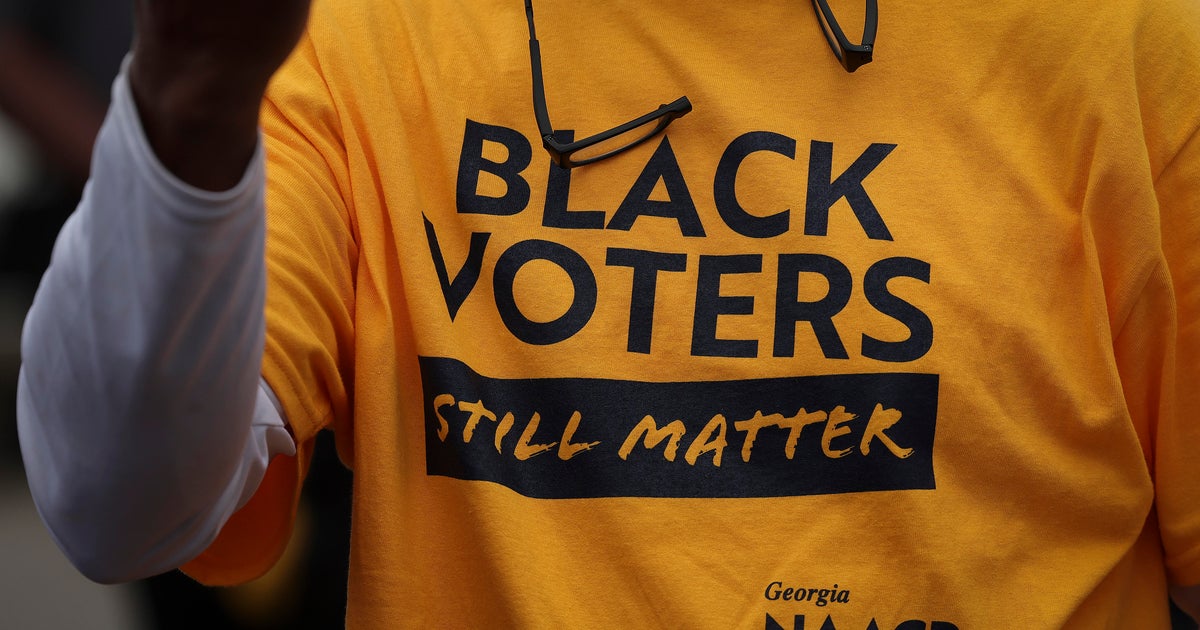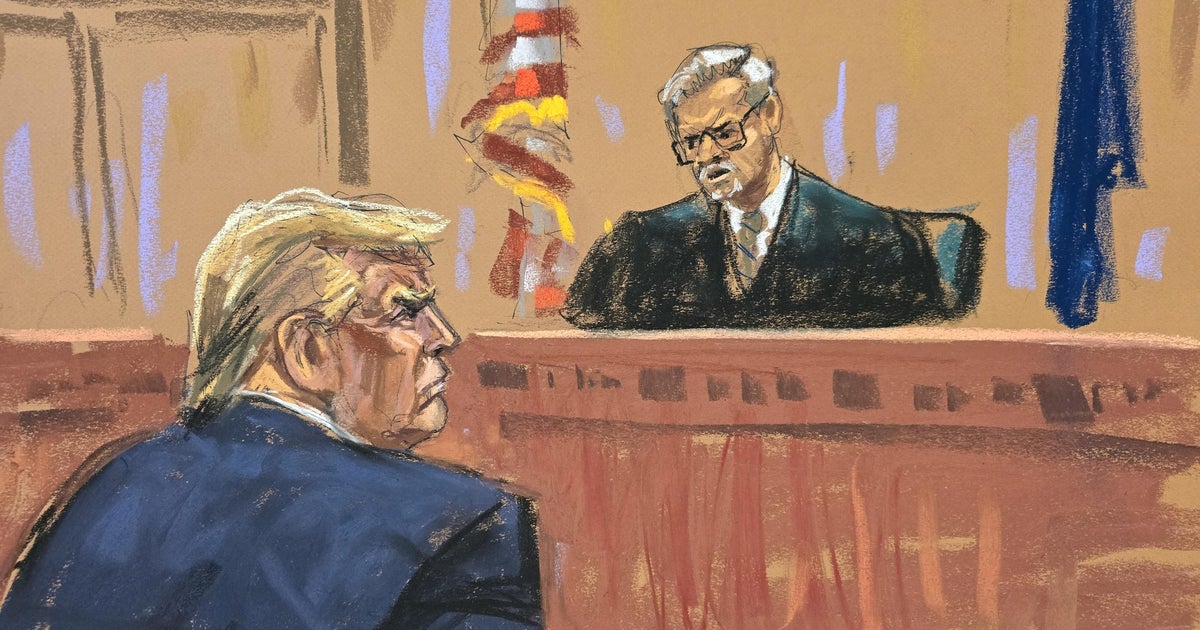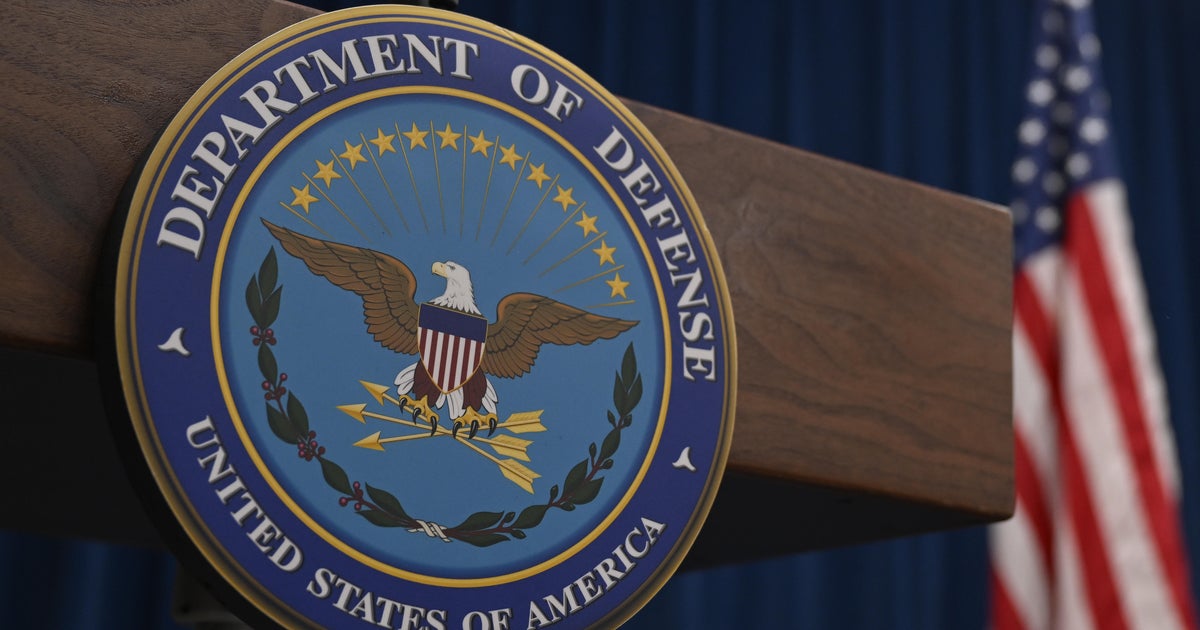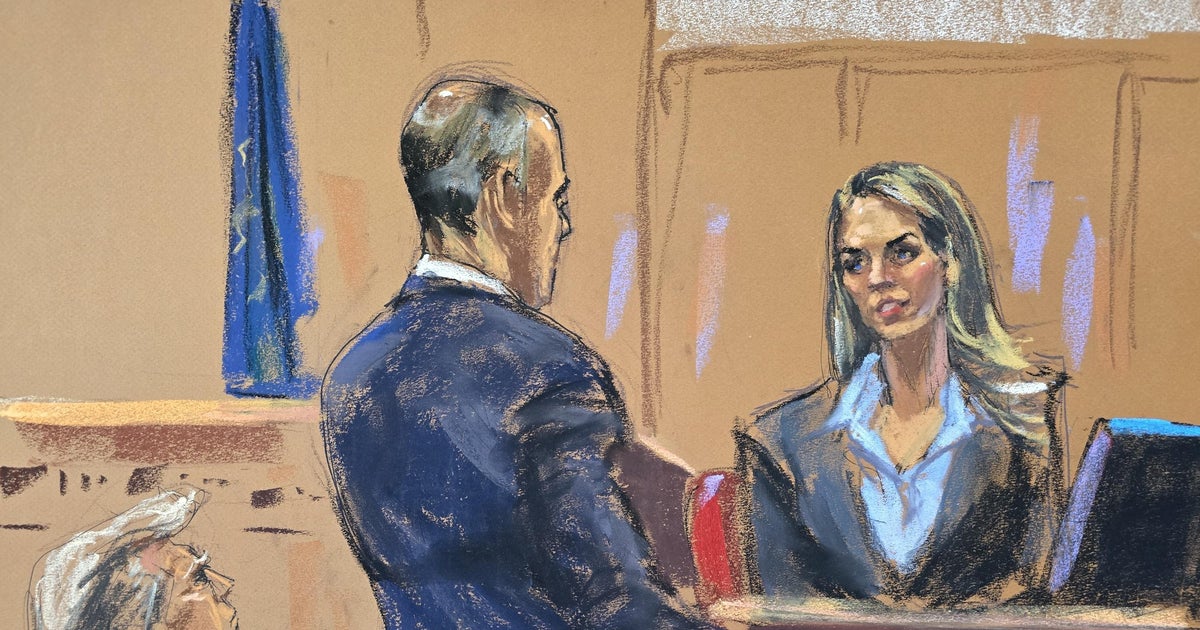Republicans and Democrats diverge on how to turn out voters amid COVID-19
Two months from Election Day, amid an enduring pandemic, Democrats and Republicans are heading into the final stretch of the campaign with diverging approaches on how to mobilize their voters.
Joe Biden spent most of the spring and summer at home in Delaware, appearing in virtual events, giving interviews and making speeches at smaller gatherings.
His campaign says it is using public safety guidelines as its North Star. In August, Biden said he planned to resume campaign travel in Wisconsin, Minnesota, and Arizona and on Monday, he gave remarks in Pennsylvania. On Thursday, he made his first visit to Wisconsin in 2020.
At the same time, President Trump has been crisscrossing the country, mixing presidential visits with campaign stops. In late August, he stopped in Wisconsin, Minnesota, Pennsylvania, Arizona, and Iowa, before visiting North Carolina, where he was officially renominated. Days later, he gave his acceptance speech on the White House lawn to a crowd that largely opted out of social distancing and then flew to New Hampshire for another campaign event. This week he traveled to Wisconsin and North Carolina.
With the first ballots going out Friday in North Carolina, Democrats plan to continue their final push mostly online.
"We do not believe that given the current state of the pandemic, it is a smart or efficient use of the coordinated campaign's resources to send a masked organizer to knock on a stranger's door," said DNC director of battleground state communications David Bergstein.
Democrats' efforts include texting and increased phone operations in battleground states. In Pennsylvania, they've conducted outreach to more than 2.1 million voters in two and a half months. The campaign says it held over 200 virtual house parties during the Democratic convention and called 685,000 voters.
Democrats have outpaced Republicans in registering voters in the state since 2016, but their overall advantage has shrunk to about 800,000. They highlight their lead in key counties like Chester County, which includes the Philadelphia suburbs.
"We've obviously done a lot of work to reach out to suburban voters, those kinds of independent voters often play that decisive role in a battleground-state election, and what we've seen is that they are really shifting dramatically away from Trump and the Republican party for a variety of reasons," said Bergstein.
The state party and Biden campaign in North Carolina have hundreds of staff and volunteers on the ground, according to state Democratic party chairman Wayne Goodwin, who also said his team has made 2 million calls. NCDP plans to keep its outreach efforts completely virtual.
"More people are not answering their doors...because they don't know who's coming to their door," said Goodwin. "I do not believe voters are going to hold it against any candidate if the strategy is to protect their families and to protect voters' public health at large by avoiding door-to-door campaigning."
The Georgia Democratic Party has been hosting virtual campaign events, weekends of action, happy hours, and even office openings, says chair Nikema Williams. Her team contacted 1.2 million voters through virtual efforts in the four days ahead of the state's June primary. Williams, who tested positive for COVID-19 earlier this year, said that with Georgia's high rate of coronavirus cases, the party will "follow the data and not the dates."
"We need people alive and healthy in order to vote," said Williams. "I'm not putting people at risk."
Unlike Democrats, Republicans are restarting in-person activities and putting their boots on the ground, despite the pandemic.
"We've greenlit [ground operations] across the state," said Wisconsin Republican Party Chairman Andrew Hitt. He added, "There are vastly different cultures throughout the state in terms of how people feel about COVID-19. Depending on where you are, there are different strategies."
Where the threat of coronavirus is more prevalent, Republicans are including more digital operations. Mr. Trump won Wisconsin by less than a point in 2016.
The North Carolina Republican Party says it has made 4 million voter contacts and has held regular virtual weekends of action since March. Though registered Democrats outnumber Republicans by more than 400,000 voters, GOP Chairman Michael Whatley said the true test is in which party can appeal to the approximately 2.4 million unaffiliated voters currently registered in the state.
State board of elections data suggests there are three times as many absentee ballot requests from Democrats as Republicans. While most voter contacts are still made over the phone, Whatley said since mid-July, the team has been reassembling teams of two to four volunteers to return to in-person organizing.
"As long as our volunteers are tested, as long as our volunteers are wearing masks, as long as our volunteers are following the proper protocols and socially distancing, then I don't think there's an optics issue here," said Whatley. "As soon as somebody says, 'Hey, I appreciate it but we don't want to have a conversation,' then we'll thank them, and we'll go on and knock on another door."
Florida GOP Chairman Joe Gruters said his team of 190 paid staffers and 13,000 volunteers — in conjunction with Trump Victory Florida — has knocked more than 1 million doors and has made over 15 million voter contacts.
Mr. Trump claimed victory in Florida with a margin of about 112,000 votes in 2016. Gruters said this election is about turnout and that's where the parties "play a major factor."
The Trump Victory Florida team says in-person MAGA meet-ups started again at the end of July and it is following CDC guidelines for in-person gatherings and continuing to host virtual MAGA meet-ups.
"It's gonna be hard to win a campaign from the basement," said Gruters. "Biden is obviously the leader of his campaign and the fact that he's hiding out in the basement in Delaware is reflective of the campaign here in Florida, versus our campaign where we're literally out there every day, pounding the doors and doing what we need to do to win."
Some Republicans say Democrats are abandoning battlegrounds with solely virtual operations. Democrats refute this.
"We have an unprecedented ground game in Wisconsin," said Wisconsin Democratic Party Chair Ben Wikler. "The difference is that Republicans right now are asking people to go out in person and knock on people's doors and talk to them face to face, and we are being very deliberate about how we interact with voters."
Michigan Democratic Party Chair Lavora Barnes is focused on making sure voters know how to vote by mail.
"We have not gotten this pandemic under control in a way that makes me feel comfortable saying to any of our teams, let's go out and do full blown canvassing," said Barnes, though she's considering a bit of "work to get some literature on the doors."
Despite the pandemic, Florida and Michigan saw record turnout for their August primaries.
And in Maricopa County, Arizona which has been referred to as the "largest battleground county in the country," records show Democrats have made gains in registered voters since 2016.
With most Arizona voters on the state's permanent early voting list, Biden's Arizona team is targeting these voters with online efforts, urging them to vote by mail. The campaign says this has allowed them to reach more people.
But Republicans in Arizona still maintain a registered voter advantage by nearly 100,000 voters.
"People want to talk," said Maricopa County Republican Committee Chair Rae Chornenky. "The online is important — we've got that — but when we paid attention to the responses, it made it very clear that the personal contact is something that is missing. People want that."



